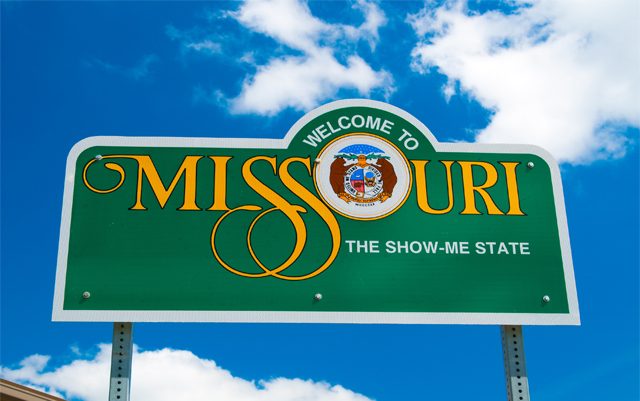In November of last year, voters in Missouri approved Amendment 2, which legalized medical marijuana in the state. Earlier this week, the Missouri Department of Health and Senior Services announced that it had received over 2,000 applications for medical cannabis licenses. The director of the medical marijuana program in the state had opined earlier this year that about 600 to 700 applications were expected.
The problem is that the state only plans on awarding 348 licenses, with the breakdown as follows: 192 for dispensaries, 60 for cultivation facilities, 86 for manufacturing facilities and 10 for testing labs.
The same people who had no idea how many license applications they would receive are now going to predict how many businesses are needed to meet patient demand in the state. As I said recently on our video news show, the market is the most responsive to demand, so the market should dictate the number of marijuana businesses in the state.
What if patient demand in the state requires closer to 300 dispensaries? Or 400? How long will it take the state to award additional licenses, and when they finally do, will the number of dispensaries needed still be the same? What if more testing labs are needed, but fewer cultivation sites? How responsive will the state be to those needs, assuming they notice the trends in the first place?
In any case, despite what problems may arise in the future, patients in Missouri are another step closer to having access to legal medical cannabis. “2,163 is a lot of applications. More than anyone anticipated,” Dan Viets, JD, President of New Approach Missouri and Missouri NORML Coordinator, told The Marijuana Times. “I hope DHSS will issue more licenses soon.”
Dan told us that while the language of Article XIV of the Missouri Constitution – what Amendment 2 became – set a minimum for licenses, it did not set a maximum. Overall, he said, the Missouri DHSS was “doing a great job of complying with the law we wrote and the voters passed.”
The state has until the end of the year to approve or deny applications. According to Article XIV, patients with a qualifying medical condition can be approved for medical marijuana:
“Qualifying medical condition” means the condition of, symptoms related to, or side-effects from the treatment of:
(a) Cancer;
(b) Epilepsy;
(c) Glaucoma;
(d) Intractable migraines unresponsive to other treatment;
(e) A chronic medical condition that causes severe, persistent pain or persistent muscle spasms, including but not limited to those associated with multiple sclerosis, seizures, Parkinson’s disease, and Tourette’s syndrome;
(f) Debilitating psychiatric disorders including but not limited to post-traumatic stress disorder if diagnosed b a state licensed psychiatrist;
(g) Human immunodeficiency virus or acquired immune deficiency syndrome;
(h) A chronic medical condition that is normally treated with a prescription medication that could lead to physical or psychological dependence, when a physician determines that medical use of marijuana could be effective in treating that condition and would serve as a safer alternative to the prescription medication;
(i) Any terminal illness;
(j) In the professional judgment of a physician, any other chronic, debilitating or other medical condition, including, but not limited to, hepatitis C, amyotrophic lateral sclerosis, inflammatory bowel disease, Crohn’s disease, Huntington’s disease, autism, neuropathies, sickle cell anemia, agitation of Alzheimer’s disease, cachexia, and wasting syndrome.
If all goes well, Missouri patients could be visiting dispensaries by the middle of next year, a day that can’t come soon enough for thousands of patients in the state.






